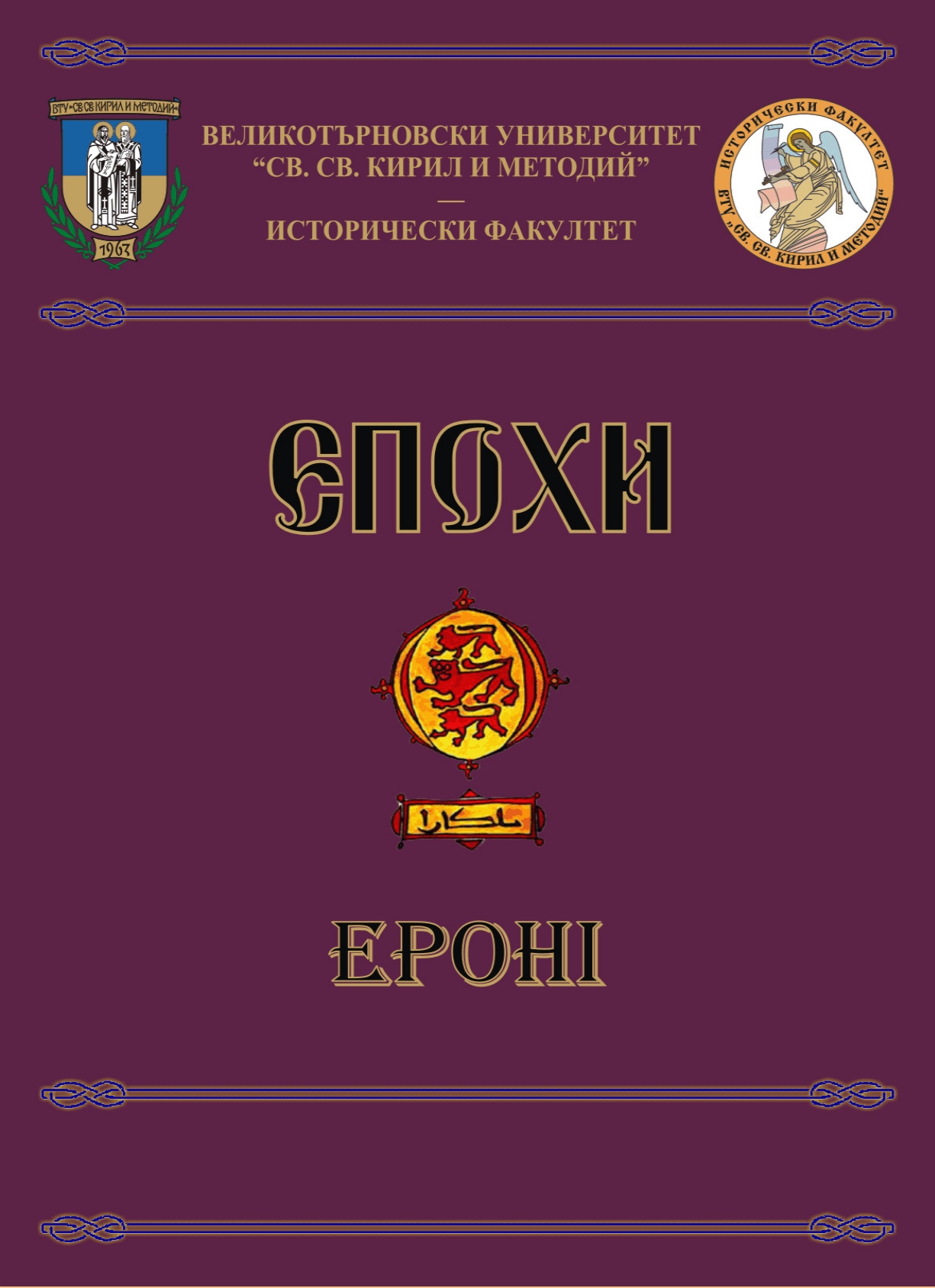
We kindly inform you that, as long as the subject affiliation of our 300.000+ articles is in progress, you might get unsufficient or no results on your third level or second level search. In this case, please broaden your search criteria.



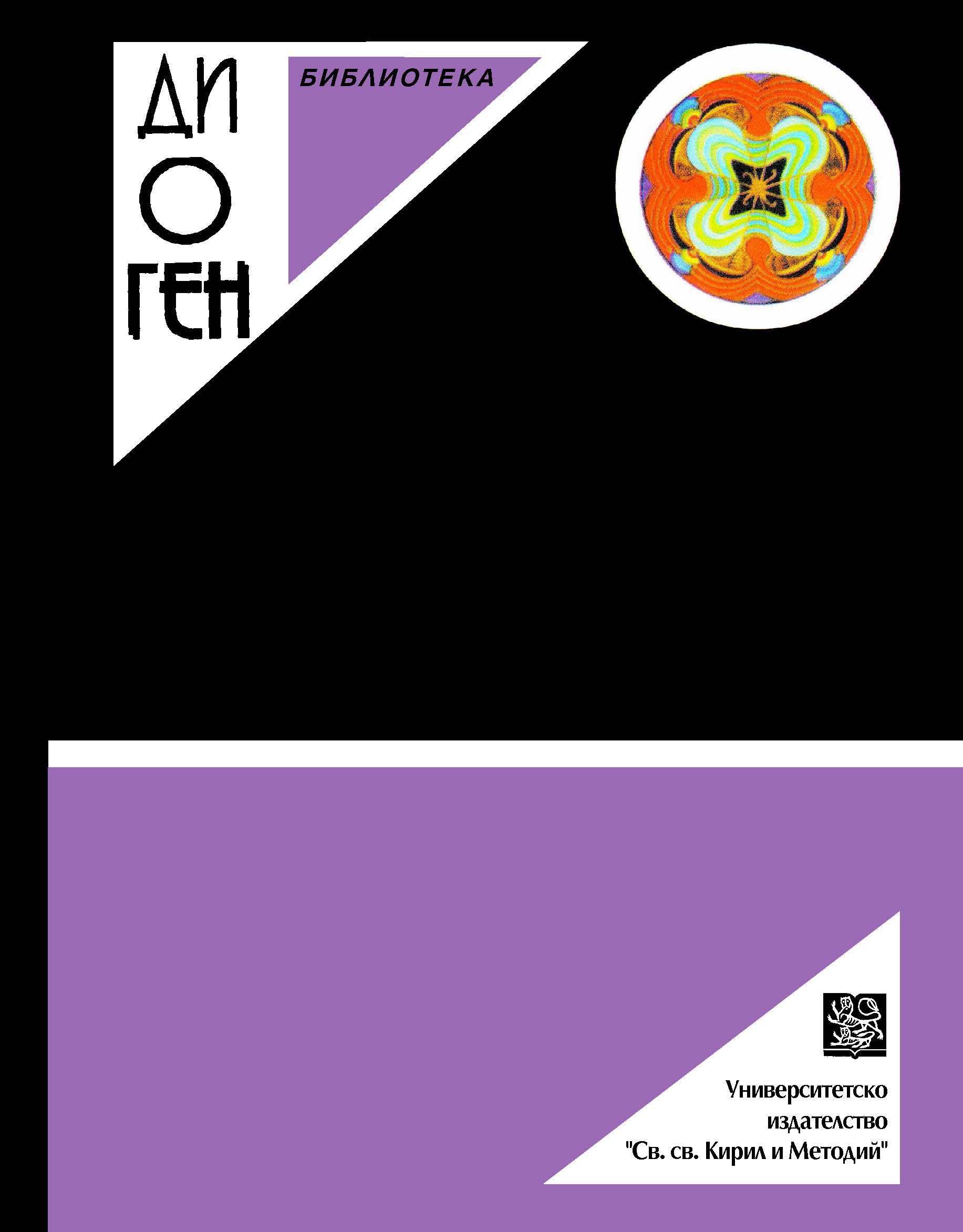

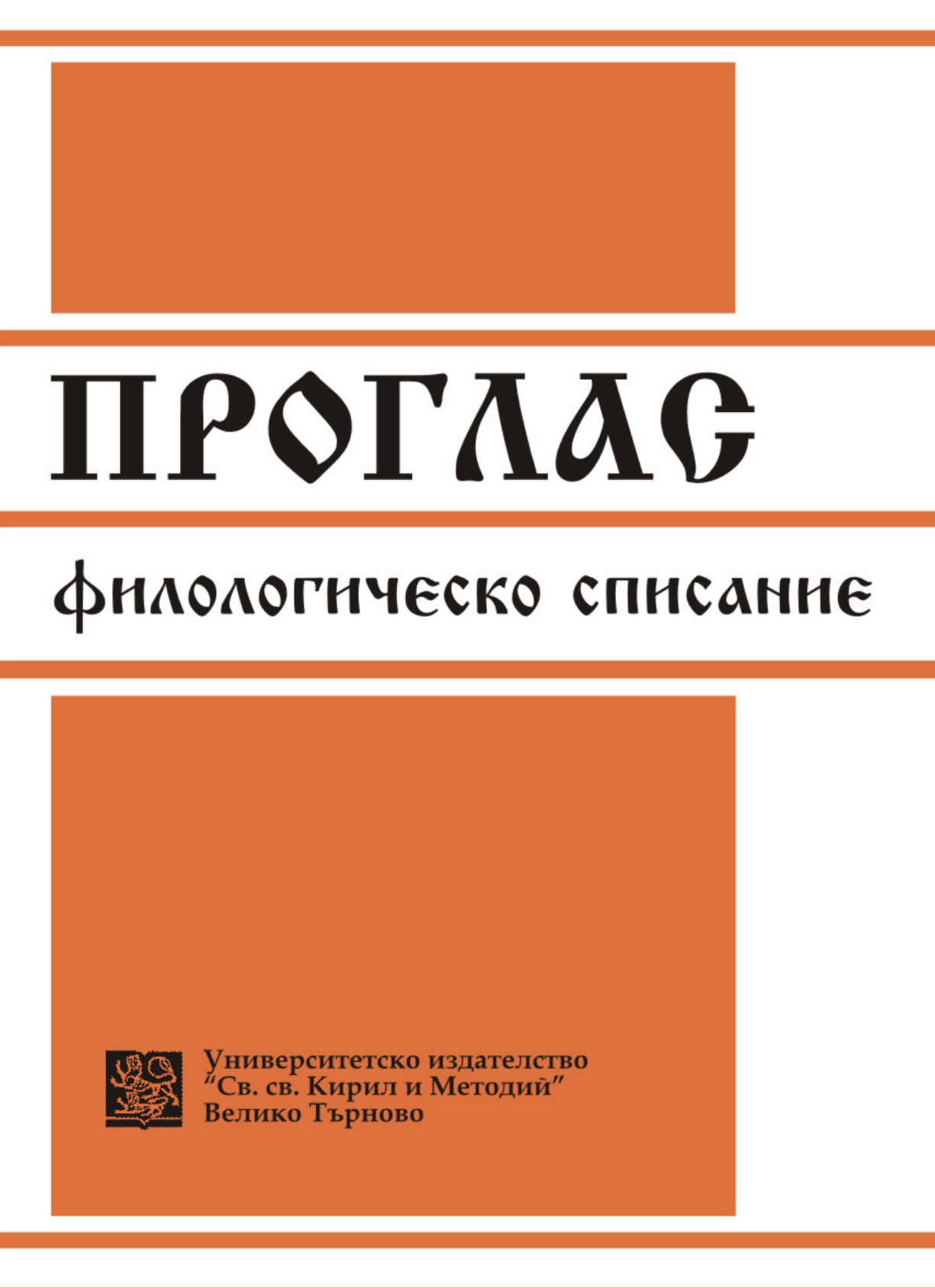
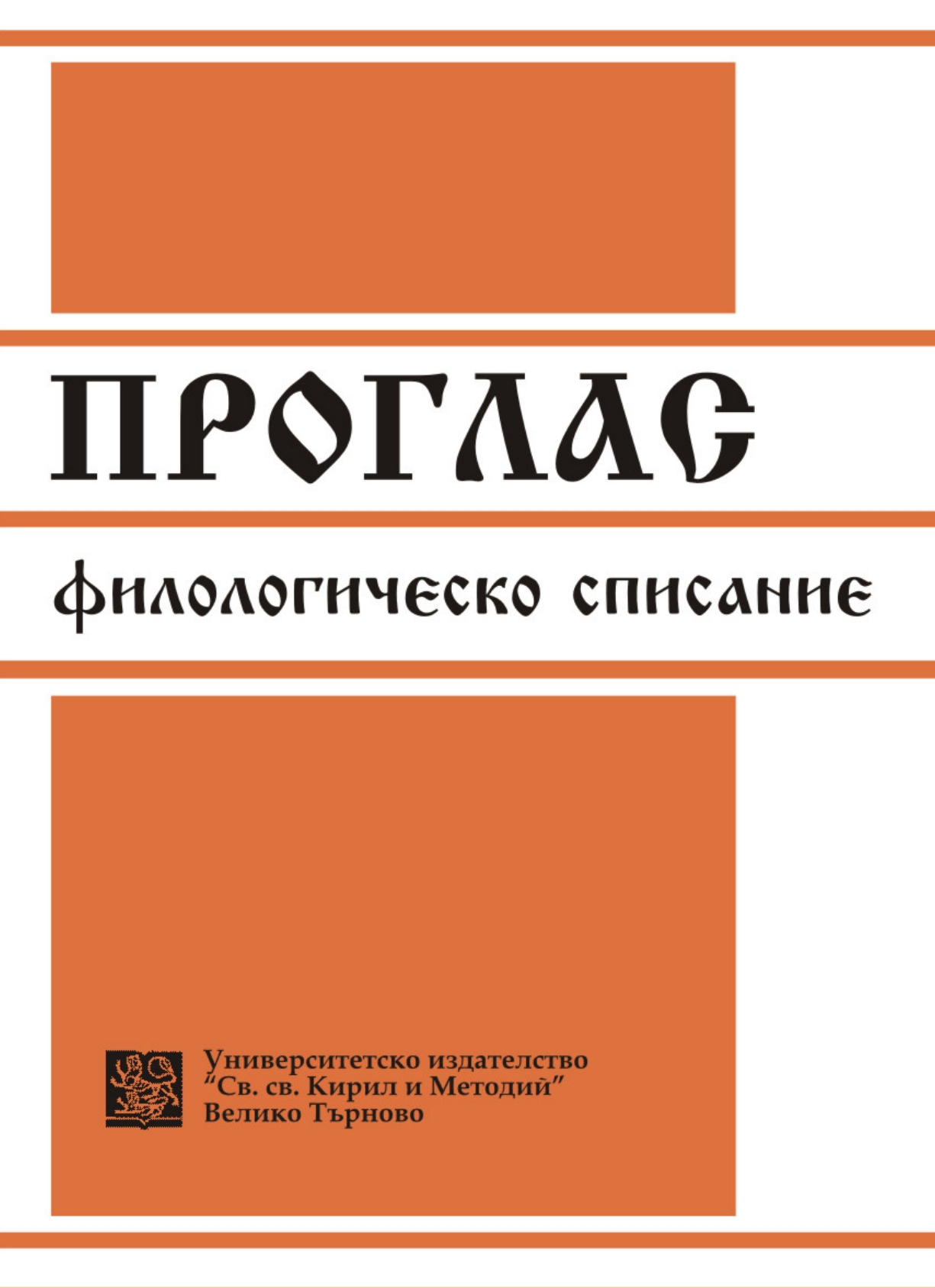


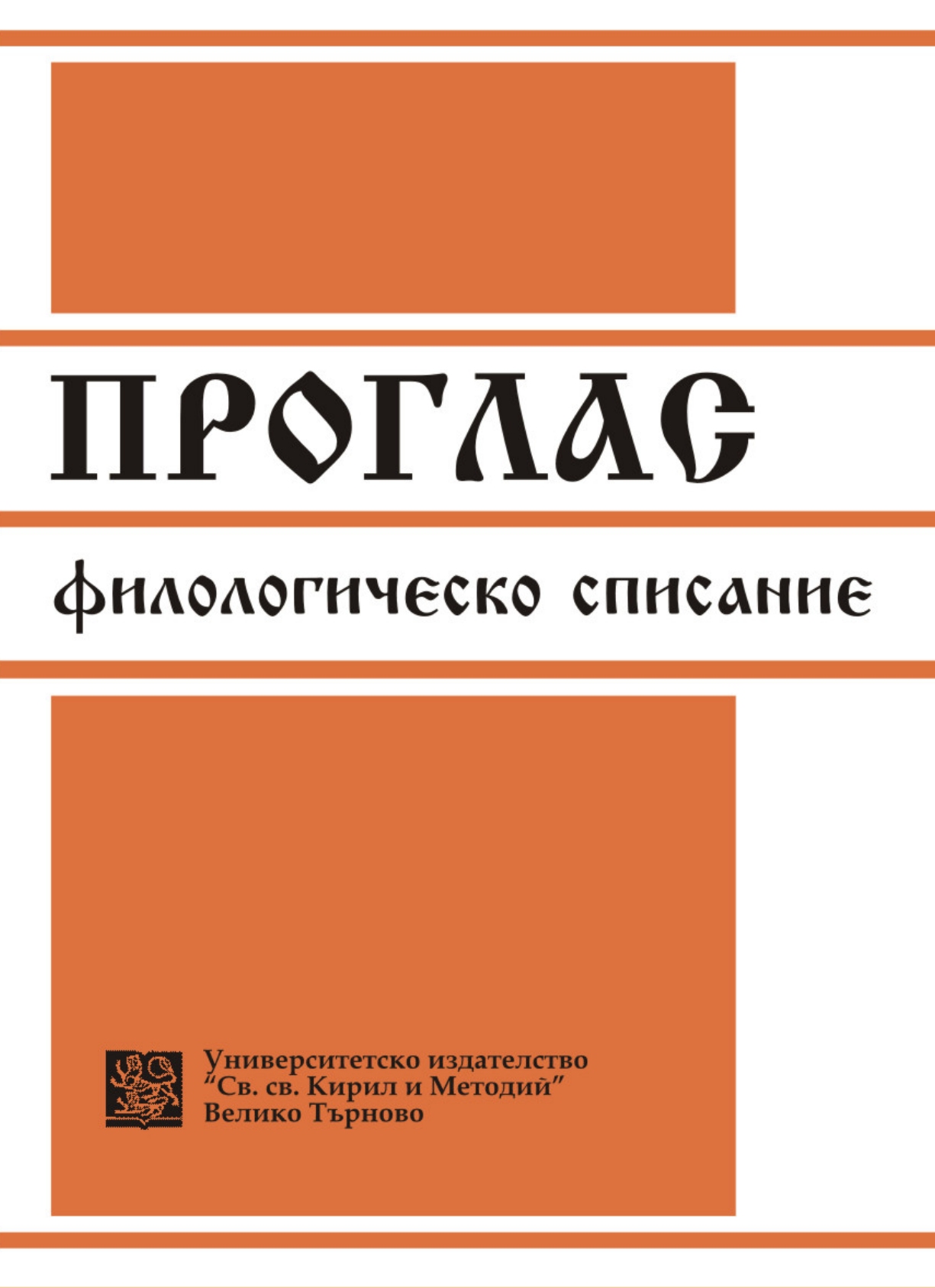
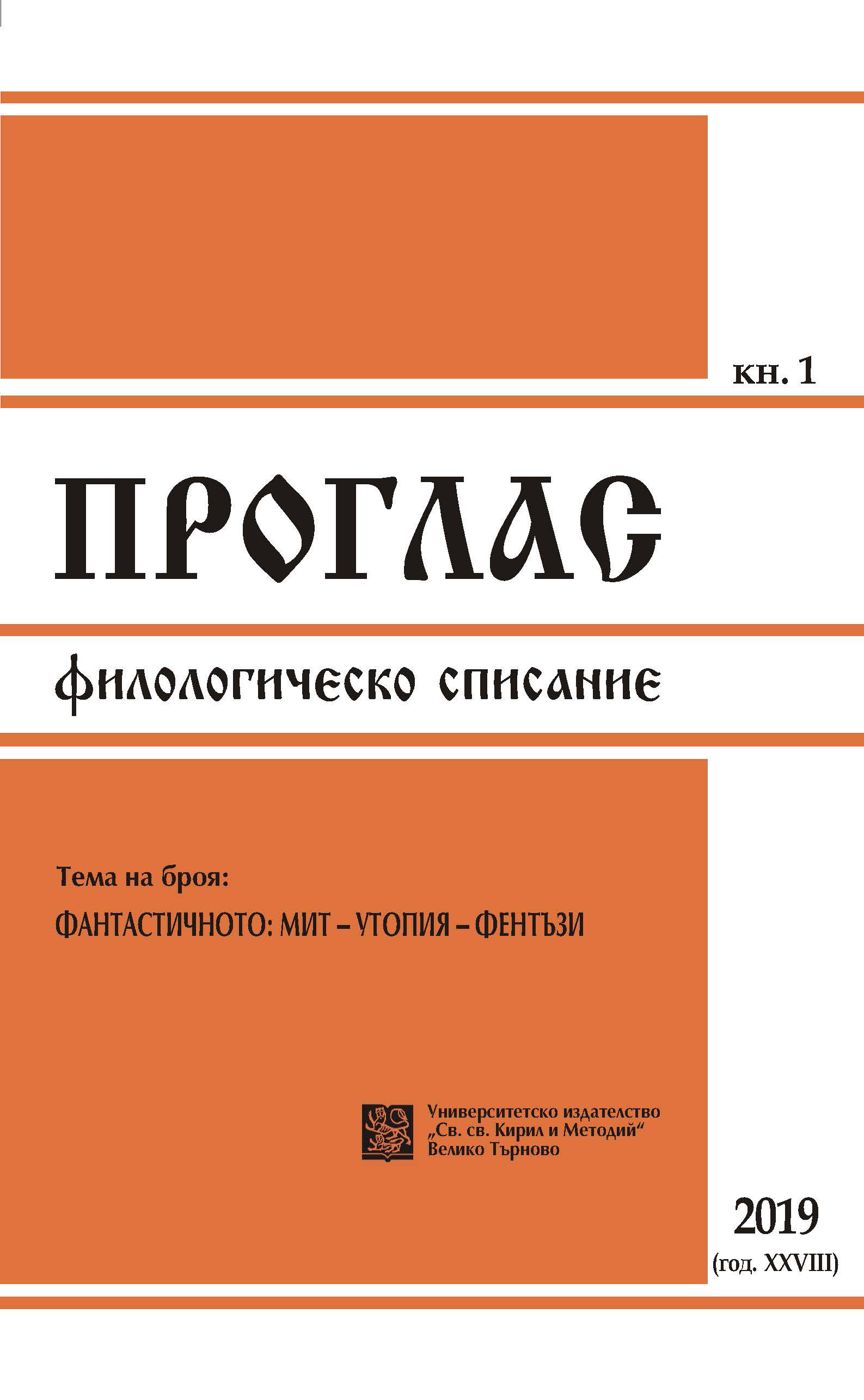
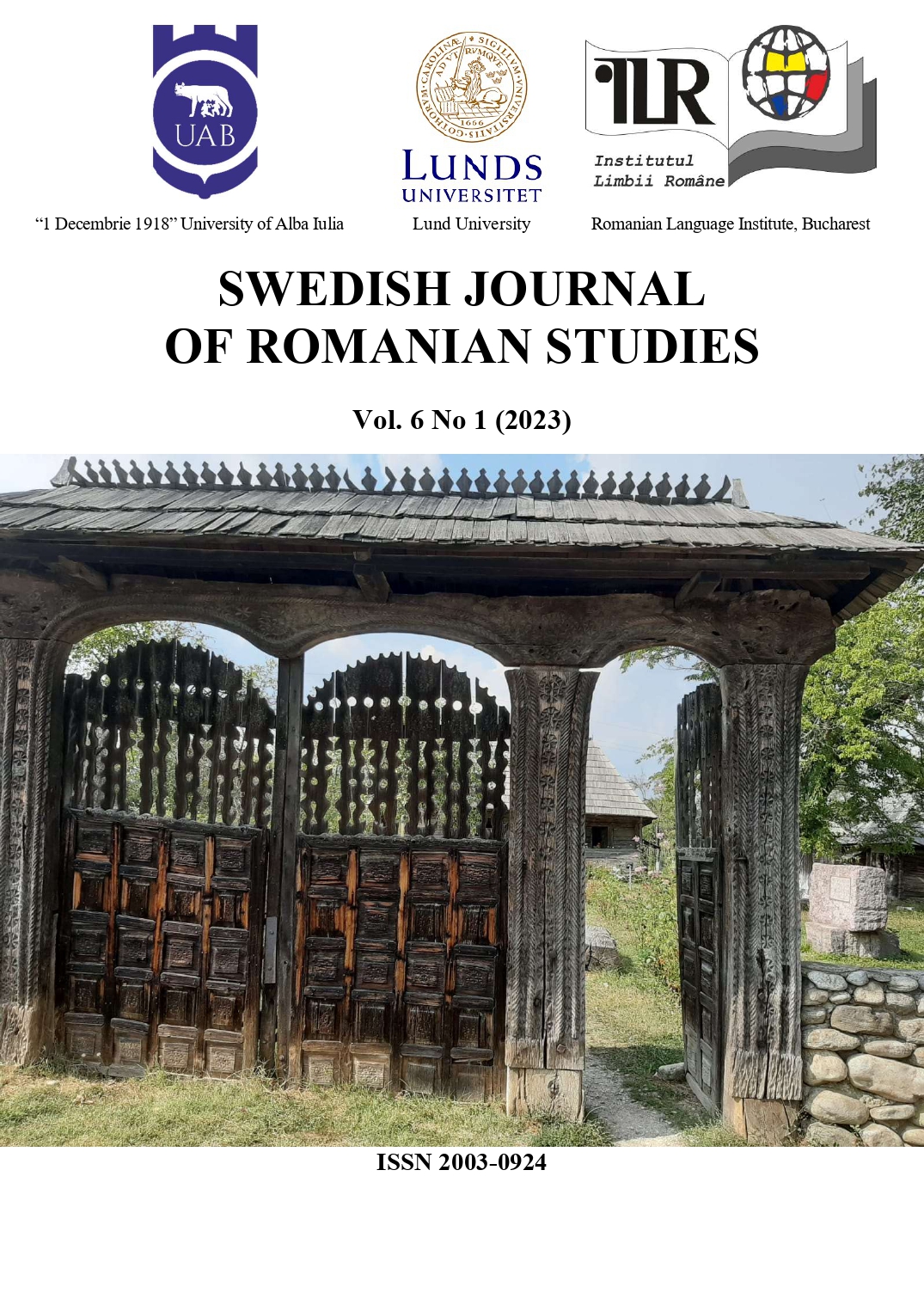
In the book Symbolism of the Summer Solstice: Comparative Readings, Iosefina Blazsani-Batto approaches, through a comparative perspective, a theme with wide resonances in Romanian folkloric mythology, but also in the universal one, taken up by many historians of religions, exegetes and, last but not least, writers. The wide area of research reflects the author's desire to document as well as possible the scholarly approach to the theme and to give secondary importance to field sources, as well as to imaginative elaborations of them. The research, especially through its various hermeneutic possibilities, is a meritorious achievement which, complemented by the author's constant preoccupation with this field, offers a textually illustrated field of analysis of the subject, both in terms of theory (ethnography) and folklore and literature.
More...

The text is an account of two events that promoted the extensive (ten-volume) monograph by Polish Slavic studies scholars (with contributions from scholars from a number of foreign research centres): Leksykon idei wędrownych na słowiańskich Bałkanach (XVIII – XXI w.) [The Lexicon of Migrating Ideas in the Slavic Balkans (18th-21st centuries)] (2018–2020). These events were held in 2021, during the COVID-19 pandemic, by means of social media and common communication platforms. As the Lexicon consists of many synthetically expressed, original, and source-based insights on the southern Slavic cultures’ struggles with modernity, the author comments on both the research project at the root of this publication and on the course of the discussion which emerged during these meetings. She does so in order to express her view on the capacity of the modern researcher by adapting Olga Tokarczuk’s notion of the tender narrator.
More...
The text offers a critical and comprehensive review of Dorota Jarecka’s book Surrealizm, realizm, marksizm. Sztuka i lewica komunistyczna w Polsce w latach 1944–1948 [Surrealism, Realism, Marxism: Art and the Communist Left in Poland between 1944 and 1948]. The reviewer appreciates the main methodological premise of the book, namely that the tensions and conflicts generated within the triangle “avant-garde – realism – emancipatory role of art” cannot be reduced to a binary opposition between totalitarian ideology and the legitimate art world. In fact, it reflects the contradictory dynamics of politically engaged art in general and the context of post-war Poland in particular. Despite the book’s formidable factual support, the result of extensive and comprehensive query, the reviewer still regrets that the author remains primarily an art historian rather than social historian of art. This note of regret however does not diminish this noble contribution to understanding the logics of Polish visual arts in the aftermath of World War II. This area is much less known generally than the literature of this very period.
More...


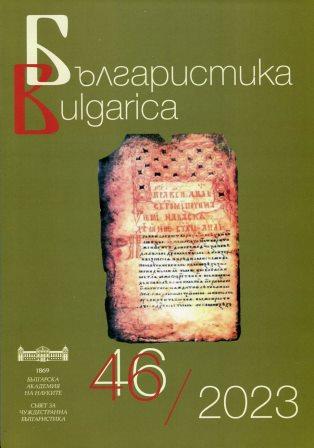
Neoliberalism influences are evident in the editorial practices of many high-ranking scholarly journals. Given the importance that journals have in tenured/tenured-track academics’ careers, they are an important arena to analyse and in which to implement best practices. I argue that Shari Stenberg’s (2015) concept of feminist repurposing can be used to make visible the impacts of neoliberal practices and also helps to disrupt them by enacting different alternatives in the university system, of which scholarly journals are a part. In order to illustrate what a feminist ethics of editing would look like, I analyse the feminist-inspired practices of Computers and Composition’s editorial staff. Drawing on published interviews and survey I administered, I show how feminist repurposing editorial roles from gatekeeper to colleague and mentor have beneficial impacts on the scholarship produced.
More...